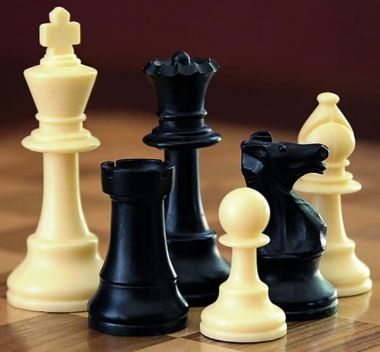Playing chess forbidden in Islam, says Saudi Arabia's highest religious authority

Muslims living in Saudi Arabia who like playing chess may have to find a new hobby soon.
This was after Saudi Arabia's grand mufti—the highest religious authority in the Sunni Muslim country—declared that playing chess is forbidden in Islam.
In a television appearance, Saudi Arabia's Sheikh Abdulaziz Al Sheikh said playing chess is "included under gambling" and is "a waste of time and money."
The Islamic leader further said the popular board game is "a cause for hatred and enmity between players."
Al Sheikh pointed out that the Quran, Islam's holy book, prohibits "intoxicants, gambling, idolatry and divination."
He, however, did not respond when asked if he will issue a formal decree against playing chess. Hence, it is unclear if a fatwa has been issued on this matter.
In an interview with BBC, British chess grandmaster Nigel Short lamented the Islamic leader's statements, saying banning the sport in Saudi Arabia would be a "great tragedy."
He said playing chess does not have negative effects to players or to society at large.
"I don't consider chess to be a threat to society. It is not something that is so depraved as to corrupt morals," Short told BBC.
"Even Ayatollah Khomeini came to the conclusion that he'd gone too far and repealed his own ban," he added, referring to the influential Iranian religious and political leader.
After the 1979 Islamic revolution, Iran's senior clerics declared playing chess in public a "haram," or a forbidden practice, saying the sport is a form of gambling.
In 1988, however, Khomeini lifted the ban on chess and declared it permissible as long as it is not used for gambling. At present, Iran already has an active chess federation, which sends players from the country to international competitions.
Ironically, seventh-century Muslims were the ones who brought chess to Europe after conquering Persia, paving the way for the board game's popularity.











